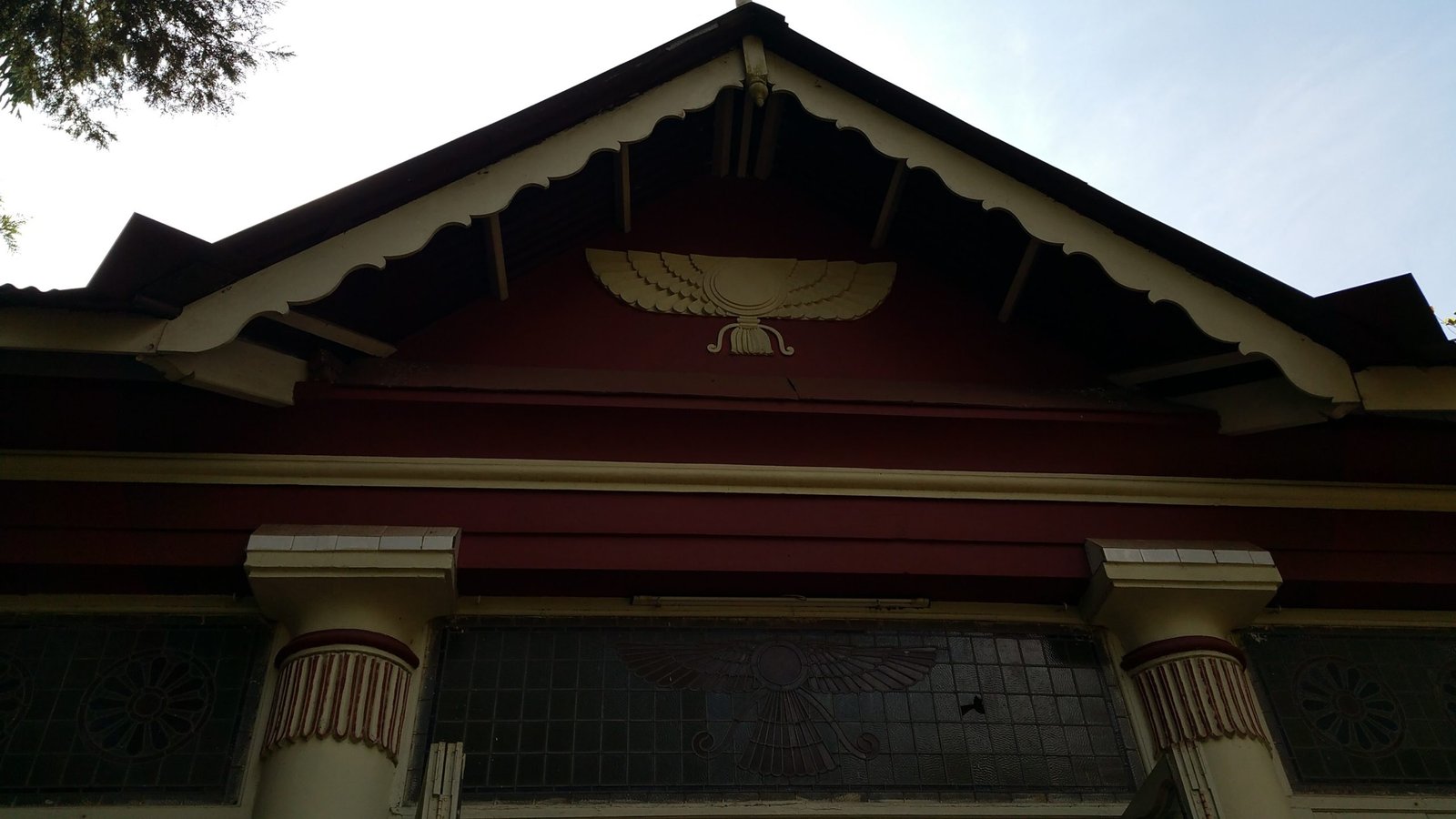Nucleus of power
A multi-faceted person, India’s nuclear programme grew in leaps and bounds under Bhabha’s leadership.
Homi Jehangir Bhabha was born on October 30, 1909 into a wealthy, prominent Parsi family. Bhabha is known as the father of Indian nuclear power.
He went to school at the Cathedral and John Connon School in Bombay and then went on to pursue mechanical engineering in Cambridge. His father, Jehangir Hormusji Bhabha was a lawyer and his mother Meheren were waiting to see him as a successful engineer. But midway through his stint in Cambridge, Homi wrote to them saying, “I am burning with the desire to do physics.” His parents advised him to finish his engineering before pursuing his passion. The dutiful son completed mechanical engineering before switching over to physics.
Contribution to science
Bhabha’s name is associated with Bhabha scattering, which involves relativistic exchange scattering of electrons and Bhabha-Heitler theory, dealing with the production of electron and positron showers in cosmic rays. At 31, he became a Fellow of the Royal Society, London. He rubbed shoulders with eminent physicists like Pauli, Dirac and Cockcroft who went on to becoming Nobel Laureates.
Bhabha is the founding director of the Tata Institute of Fundamental Research and the Trombay Atomic Research Establishment now named after him. It was under his direction that Indian scientists made their way into making an atomic bomb. The first atomic reactant was operated in Bombay in 1956. Bhabha led the first UN Conference held for the purpose of Peaceful Uses of Atomic Energy in Geneva.
He promoted nuclear energy control and prohibition of atomic bombs and was against India manufacturing atom bombs even if the country had enough resources to do so. Instead, he suggested that the production of an atomic reactor should be used to lessen India’s misery and poverty.
A prominent citizen, Bhabha was made the scientific advisor to Prime Minister Jawaharlal Nehru and then to Lal Bahadur Shastri. Bhabha was also a painter, a classical music and opera enthusiast.
J.R.D. Tata called him a scientist, engineer, master builder and administrator steeped in humanities, art and music.
Published on The Hindu





